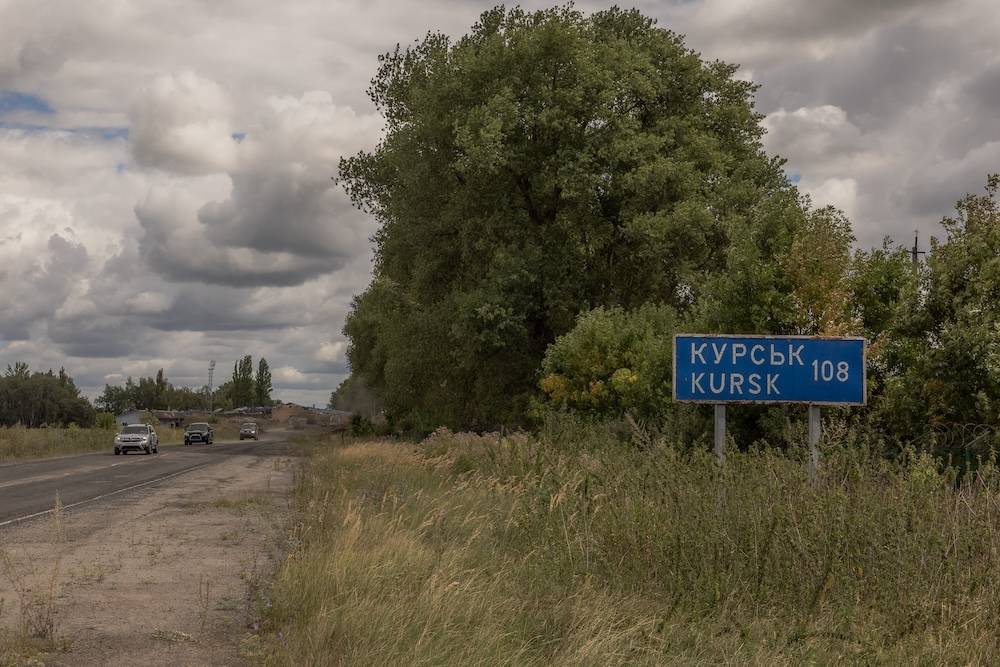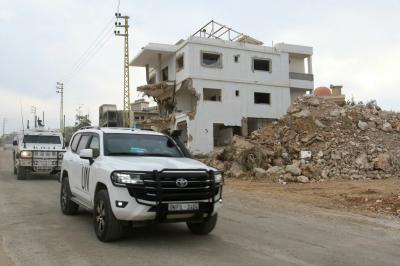For more than a week, the Ukrainian incursion into the Kursk region on Russian territory has sparked differing opinions among political and military leaders regarding the motivations that led Ukrainian President Volodymyr Zelensky to make such a bold decision.
The Ukrainian army exploited a weakness in Russian territory to penetrate dozens of villages in Kursk. The surprise move paralyzed the Russian defenders, the majority of whom were inexperienced conscripts, allowing elite Ukrainian units to advance approximately 40 kilometers without encountering real resistance. This offensive is reminiscent of the blitz attack by Ukrainian forces at the end of 2022, which successfully pushed Russian troops out of the Kharkiv region.
Not only were Russian soldiers caught off guard by this attack, but Russian President Vladimir Putin himself was surprised. He perceived this Ukrainian military operation as an attempt by Kyiv to strengthen its position in anticipation of possible ceasefire negotiations or a political resolution to the war, which has now lasted 30 months.
Zelensky did not hide that the objective of this operation was to bring the war to Russian soil, to make the Russians feel what Ukrainians have endured since the beginning of the Russian invasion on February 24, 2022. Additionally, the Ukrainian leadership wanted to demonstrate its ability to breach Russian borders at will, despite the losses suffered during the conflict.
This incursion has allowed the Ukrainian army to regain morale after the failure of their summer offensive, in the face of Russian pressures along a 1,000-kilometer front, particularly in the Kharkiv region in the northeast and Donetsk in the east.
Since last fall, Russian forces had been slowly advancing towards new positions, taking advantage of the lack of manpower and equipment on the Ukrainian side, and the declining morale of soldiers, some of whom have been on the front lines since the start of the war without relief.
This context has led some Western analysts to interpret the Ukrainian incursion as a message intended to force Moscow to redeploy troops from the front lines in Donetsk and Kharkiv to defend Kursk. At the same time, it delivers a psychological blow to Putin, as this is the first time since World War II that foreign forces have entered Russian territory, a situation that could undermine the morale of Russian soldiers and put the Kremlin in a difficult position regarding the protection of national territory.
Notably, Washington expressed surprise at the Ukrainian incursion, neither supporting nor condemning it. However, the United States had authorized Kyiv to use American weapons against Russian forces in the Kharkiv region. Nevertheless, the incursion into Russia is seen as an escalation that could trigger a massive response from Moscow, something the White House has warned against. Some U.S. senators, supportive of Ukraine, such as Republican Lindsey Graham, have expressed their support for this incursion. Graham, who is close to Republican presidential candidate Donald Trump, serves as a link between Zelensky and the former U.S. president, making his visit to Kyiv after the operation of great importance.
This leads us to a key element: the coincidence of the Ukrainian offensive with the intensification of the U.S. election campaign. Zelensky does not hide his concern about a possible return of Trump to the White House, as Trump advocates ending the war and opposes continued U.S. military and economic aid to Ukraine, with the promise to end the conflict within 24 hours of taking office.
The fact that Zelensky has moved the front line into Russian territory has undoubtedly established new balances in the war. The question remains whether the West will dare to intensify military support for Ukraine to strengthen Kyiv's position and create a politico-military dynamic that will force Putin to accept negotiations without preconditions, particularly regarding the cession of Ukrainian territories occupied by Russia since the start of the conflict. Or will Russia choose to respond massively?
Much of this dynamic will depend on the Ukrainian army's ability to hold onto the captured territories, as well as the Russian army's ability to retake them.
Many observers of the conflict believe that the incursion into Kursk carries military and political risks that could ultimately backfire on Kyiv.
Please post your comments on:
[email protected]
 Politics
Politics














